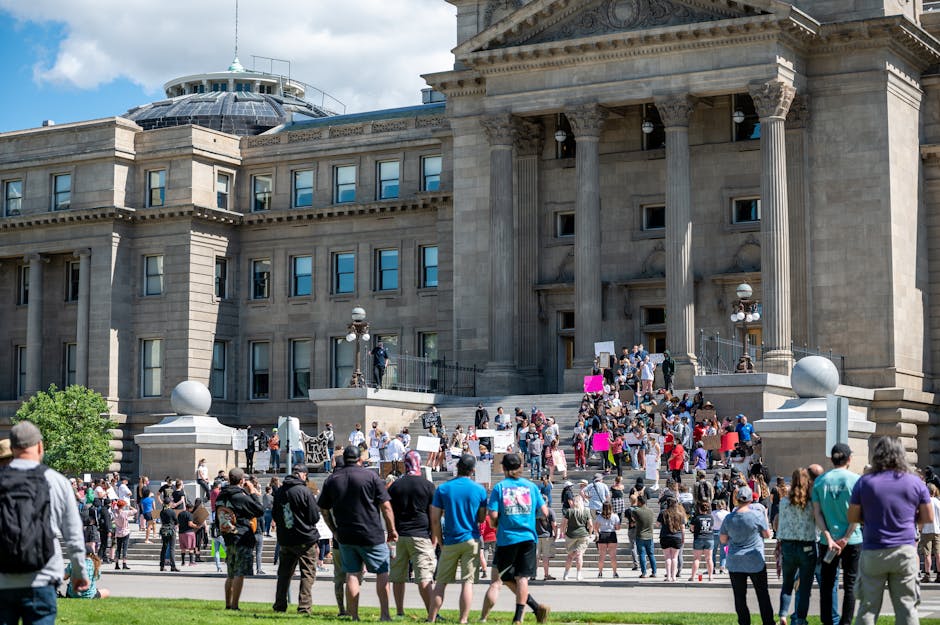
Civil Rights: The Struggle for Equality and Justice
Civil Rights: The Struggle for Equality and Justice
Civil rights refer to the basic rights and freedoms that every individual should have, regardless of their race, gender, religion, or nationality. Throughout history, numerous movements and events have shaped the fight for civil rights, aiming to create a more just and inclusive society.
The Civil Rights Movement in the United States
One of the most well-known civil rights movements is the African-American Civil Rights Movement in the United States. This pivotal movement emerged in the 1950s and 1960s, with the goal of ending racial segregation and discrimination against African Americans.
Key figures such as Martin Luther King Jr., Rosa Parks, and Malcolm X played crucial roles in advocating for equal rights and justice. Their efforts eventually led to significant legislative changes, including the Civil Rights Act of 1964 and the Voting Rights Act of 1965.
Civil Rights Movements Around the World
Civil rights movements are not limited to the United States, as people from different countries and cultures have fought for their rights and liberties. The anti-apartheid movement in South Africa, led by Nelson Mandela, sought to dismantle the institutionalized system of racial segregation and discrimination.
In India, Mahatma Gandhi's nonviolent resistance movement against British colonial rule also incorporated principles of civil rights. His advocacy for social equality and justice inspired many other movements across the globe.
Continuing the Fight for Civil Rights
Although significant progress has been made in the arena of civil rights, the struggle for equality and justice is ongoing. Movements like Black Lives Matter and LGBTQ+ rights campaigns continue to push for systemic change and equal treatment for all.
By understanding the history and legacy of civil rights movements, we can recognize the importance of standing up for one another and working towards a more inclusive future.
